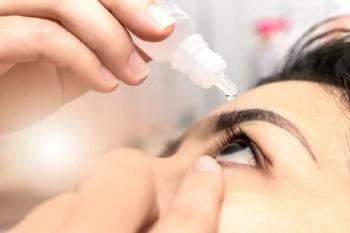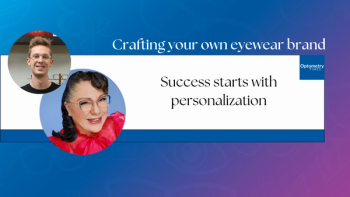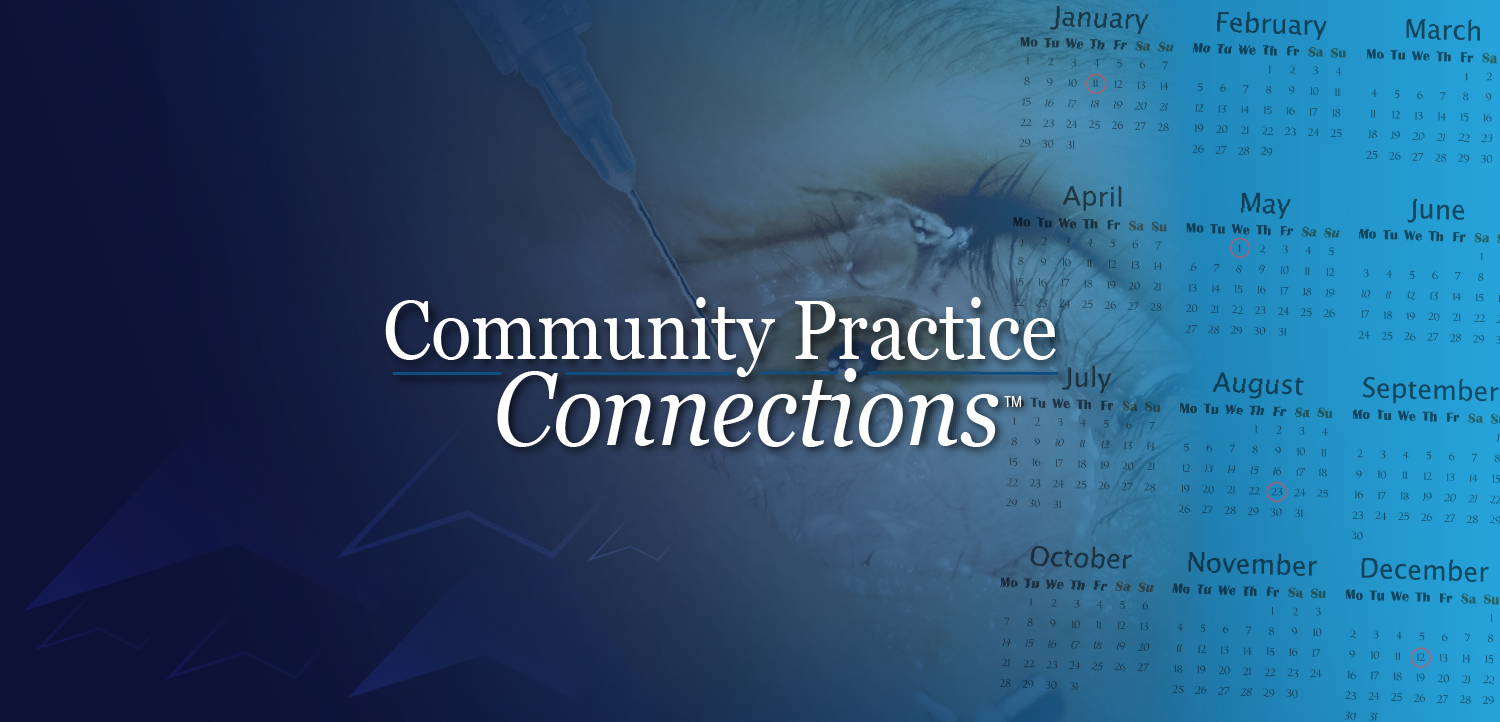
Hudson Valley Optometric Society votes to withold '12 American Optometric Association dues
The Hudson Valley Optometric Society, a local affiliate of the New York State Optometric Association and the American Optometric Association, has voted to withhold its 2012 AOA dues, placing them in an escrow account until the AOA withdraws support for the American Board of Opometry and its board certification process, a move the organization says it hopes that other societies will follow.
Hopewell Junction, NY-The Hudson Valley Optometric Society (HVOS), a local affiliate of the New York State Optometric Association and the American Optometric Association (AOA), has voted to withhold its 2012 AOA dues, placing them in an escrow account until the AOA withdraws support for the American Board of Optometry (ABO) and its board certification process, a move the organization says it hopes that other societies will follow.
Members of the organization have become disappointed with their parent organization over its support for the development of the ABO and the implementation of the board certification process.
"We are opposed to the board certification process because it is a misnomer in regard to optometry, which, unlike medicine, does not go on and specialize after graduation," said Joseph Accettura, OD, Newburgh, NY and immediate past president of HVOS.
In February 2009, these organizations outlined the board certification and maintenance of certification process in a proposal which was based on nearly 2 years of research, including studying other health certification processes and which eventually lead to the development of the ABO to oversee the process for board certification of optometry.
One of the major reasons for the initiative was the feeling that it was becoming important to demonstrate to healthcare consumers, as well as the federal government, that doctors of optometry meet high standards of clinical expertise, according to David A. Cockrell, OD, chairman, ABO.
"There have been many, many surveys done across health care of the population at large. In every single one of those surveys, an overwhelming majority of all candidates surveyed said they would prefer to see a board certified health-care provider, regardless of the type of provider," Dr. Cockrell said.
Additionally, he said it became evident that the federal government believes that board certification denotes some level of clinical expertise when the medical home trial projects under Medicare first began and they required the doctor in charge to be board certified.
"For the first time ever, we saw Medicare say, 'We're going to require that doctor to be board certified,'" he added.
A third issue is that board certified physicians are eligible for bonus incentive dollars through Medicare's Physician Quality Reporting Services, but you have to demonstrate maintenance of certification, he explained.
However, HVOS has taken issue with each of these points. "The AOA as our national advocate should have been putting their efforts into convincing insurance companies and the CMS that optometrists do not need to be board certified," Dr. Accettura said.
"When it was presented to us by our past president, they said they wanted all the members to agree to this, and our society certainly voted against it," he continued. "It's creating a problem where there is none yet-nobody's requiring board certification.
"Additionally the ABO has applied to CMS, ostensibly to obtain some bonus PQRS incentive dollars because board certified MDs who have an approved maintenance of competency get them. Does this not cause board certification to now become potentially necessary to get?" Dr. Accettura said.
According to Dr. Cockrell, the process to become board certified is completely voluntary as far as the ABO is concerned, and just as there is no requirement that an optometrist be a Medicare provider, he said he can't imagine they'd require board certification.
"Just like right now under their bonus program, you can't participate unless you can demonstrate maintenance of certification. . . . I do think at some point in time there could be, as part of the PQRS system, a deduction if you can't," he said.
"We all realize that healthcare reform is coming and we all realize that we need to create as many opportunities as we can for an optometrist to participate to the maximum level that they choose to do so and we believe this is one of many things that we have to do," Dr. Cockrell said.
Meanwhile, HVOS maintains its position to withhold its dues for 2012. "We have verbal confirmation that two other societies have voted to join us and we will be working on the additional societies of the state of New York," Dr. Accettura said.
Newsletter
Want more insights like this? Subscribe to Optometry Times and get clinical pearls and practice tips delivered straight to your inbox.
















































.png)


